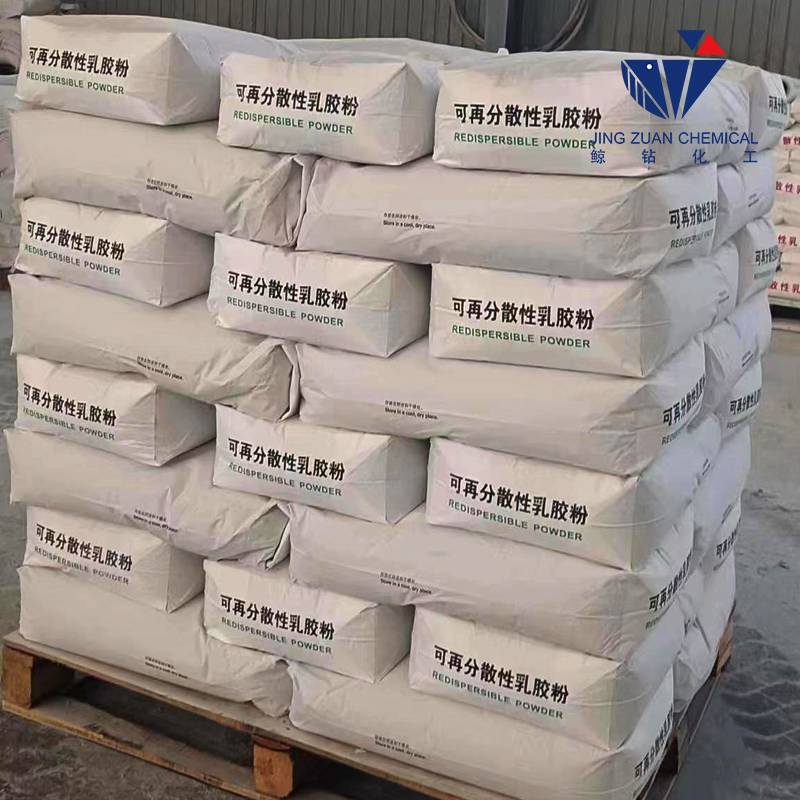
aug . 18, 2024 09:17 Back to list
Understanding the Viscosity Properties of Hydroxyethyl Cellulose for Various Applications
Hydroxyethyl Cellulose Viscosity Understanding Its Importance and Applications
Hydroxyethyl cellulose (HEC) is a water-soluble polymer derived from cellulose, which is a natural polymer found in plant cell walls. HEC has gained significant attention in various industries due to its unique properties, particularly its viscosity characteristics. The viscosity of HEC not only influences the performance of products in which it is used but also plays a critical role in determining the overall efficiency and effectiveness of formulations.
Understanding Viscosity
Viscosity refers to the resistance of a fluid to flow. In simple terms, it measures how thick or thin a liquid is. For HEC, viscosity is essential because it affects how the substance behaves in different formulations, such as paints, adhesives, cosmetics, and pharmaceuticals. High-viscosity solutions tend to be thicker and flow less easily, while low-viscosity solutions are thinner and flow more freely. The desired viscosity for HEC applications can typically be manipulated through the concentration of the polymer in solution and the extent of its modification.
Factors Affecting Viscosity
Several factors influence the viscosity of hydroxyethyl cellulose. One of the primary factors is the molecular weight of the HEC. Generally, higher molecular weight polymers will exhibit higher viscosity. Additionally, the degree of substitution (the number of hydroxyethyl groups substituted onto the cellulose backbone) also plays a significant role. A higher degree of substitution often results in increased solubility and viscosity in aqueous solutions.
Temperature is another crucial factor. The viscosity of HEC solutions typically decreases with an increase in temperature, a property that can be advantageous in applications that require easy processing at elevated temperatures. Conversely, cooling the solution will increase its viscosity, making it crucial to control the temperature for consistent performance.
hydroxyethyl cellulose viscosity

Applications of Hydroxyethyl Cellulose Viscosity
1. Cosmetics and Personal Care Products HEC is widely used in cosmetic formulations such as shampoos, conditioners, lotions, and creams. The viscosity characteristics help stabilize emulsions, improve product texture, and ensure the even distribution of active ingredients. The thickening properties of HEC also enhance the sensory feel of these products.
2. Pharmaceuticals In the pharmaceutical industry, HEC is utilized as a thickener and stabilizer in various formulations, including gels, suspensions, and ointments. Its ability to control the release rate of active ingredients makes it a valuable excipient in drug delivery systems.
3. Construction Industry HEC is employed in construction materials like cement and mortar. Its viscosity helps improve workability, enhances adhesion, and reduces water loss during the curing process. This leads to stronger, more durable constructions.
4. Food Industry Although its use is more limited compared to other industries, HEC can also serve as a food additive, providing texture and stability to certain products.
Conclusion
In conclusion, the viscosity of hydroxyethyl cellulose plays a pivotal role in its effectiveness across various applications. Understanding the factors that influence HEC viscosity is essential for formulators seeking to optimize their products. As industries continue to innovate and strive for improved formulation stability, the importance of HEC and its viscosity characteristics will undoubtedly grow. Its versatility, combined with the ability to tailor its properties to meet specific needs, ensures that hydroxyethyl cellulose will remain a vital ingredient in many formulations for years to come.
-
Why HPMC is a Key Additive in Wall Putty Formulations
NewsAug.05,2025
-
Redispersible Powder in Decorative Renders: Function Meets Finish
NewsAug.05,2025
-
Redispersible Powder for Interior Wall Putty: Smooth Results Every Time
NewsAug.05,2025
-
HPMC’s Water Retention Capacity in Dry Mortar Applications
NewsAug.05,2025
-
HPMC Factory Contributions to Liquid Detergents
NewsAug.05,2025
-
How HPMC Factory Products Change Detergent Textures
NewsAug.05,2025







